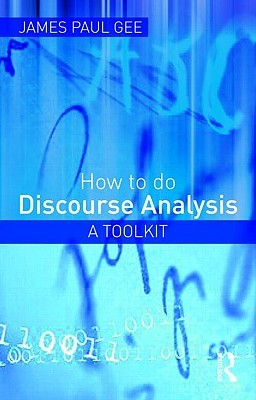 |
| Source: Goodreades. com |
Title: The Starfish and the Spider: The Unstoppable Power of Leaderless Organizations
Author: Ori Brafman, Rod A. Beckstrom
Publisher: Portfolio
Year published: 2006
Number of pages: 230 pages
If you cut off a spider’s leg, it’s crippled; if you cut off its head, it dies. But if you cut off a starfish’s leg it grows a new one, and the old leg can grow into an entirely new starfish.
What’s the hidden power behind the success of Wikipedia, Craigslist, and Skype? What do eBay and General Electric have in common with the abolitionist and women’s rights movements? What fundamental choice put General Motors and Toyota on vastly different paths? How could winning a Supreme Court case be the biggest mistake MGM could have made?
After five years of ground-breaking research, Ori Brafman and Rod Beckstrom share some unexpected answers, gripping stories, and a tapestry of unlikely connections. The Starfish and the Spider argues that organizations fall into two categories: traditional “spiders,” which have a rigid hierarchy and top-down leadership, and revolutionary “starfish,” which rely on the power of peer relationships.
The Starfish and the Spider explores what happens when starfish take on spiders (such as the music industry vs. Napster, Kazaa, and the P2P services that followed). It reveals how established companies and institutions, from IBM to Intuit to the US government, are also learning how to incorporate starfish principles to achieve success. The book explores:
* How the Apaches fended off the powerful Spanish army for 200 years
* The power of a simple circle
* The importance of catalysts who have an uncanny ability to bring people together
* How the Internet has become a breeding ground for leaderless organizations
* How Alcoholics Anonymous has reached untold millions with only a shared ideology and without a leader
The Starfish and the Spider is the rare book that will change how you understand the world around you.
***
For me, reading a non-fiction book is an achievement for me--because I couldn't easily focus to read one. The last non-fiction book that I review on this blog was How to Discourse Analysis: A Toolkit by James Paul Gee. From the title itself, I believe that everyone knows why I read that book, it was one of my assignment in college. So, reading a non-fiction book of my own will, it's much fascinating.
Will there be chaos if there is no leader in charge?
The Starfish and the Spider are about two types of organization that exist, namely centralized and decentralized organization. To explain the idea, the author used the analogue of starfish and spider for those two organizations.
This book suggests that at some point, a starfish organization, the one without the exact leader, could easily adapt to any challenge that they faced. Moreover, when a centralized organization tried to comfort the decentralized one, it won't be a success. The author uses MGM, Spain, and also French Investor as an example.
The question afterwards is, do the leaderless organization will be the strongest type of all? Can they be defeated by the centralized?
Actually, after explaining the main characteristic of a starfish organization with a lot of case study, start from Apache, Napster, Skype, etc., the author also told us about how a starfish organization can be "defeated" and to some extent makes a hybrid organization is more favourable. I said favourable because, with the hybrid organization, they still can gain profit and also maintaining the sustainability of the organization.
My thought
 |
| Picture from Goodfon.com, edited by me. |
One thing that I realized after reading this book is the role of the catalyst in every starfish organization. In my opinion, this person sounds like a saviour who can save the earth. I think, in this opportunistic world if someone wants to implement the concept of starfish organization in a business environment, the catalyst would be really easy to be "manipulated". Once the catalyst got power for the materialistic things, the organization will no longer become a starfish. They will, in the end, become a centralized-spider-organization.
Conclusion
This book is quite interesting in my opinion. Even though it's been published more than decades ago, the concept of it is still relevant. So, it is still worth to read for now.
But, should we be starfish? In my opinion, the most possible of all is to create a hybrid organization. We should admit that a starfish organization have their own weakness. Maybe this is a typical answer, but after all, that's the possible answer for now.
3.5 out of 5 stars for the analogy.












